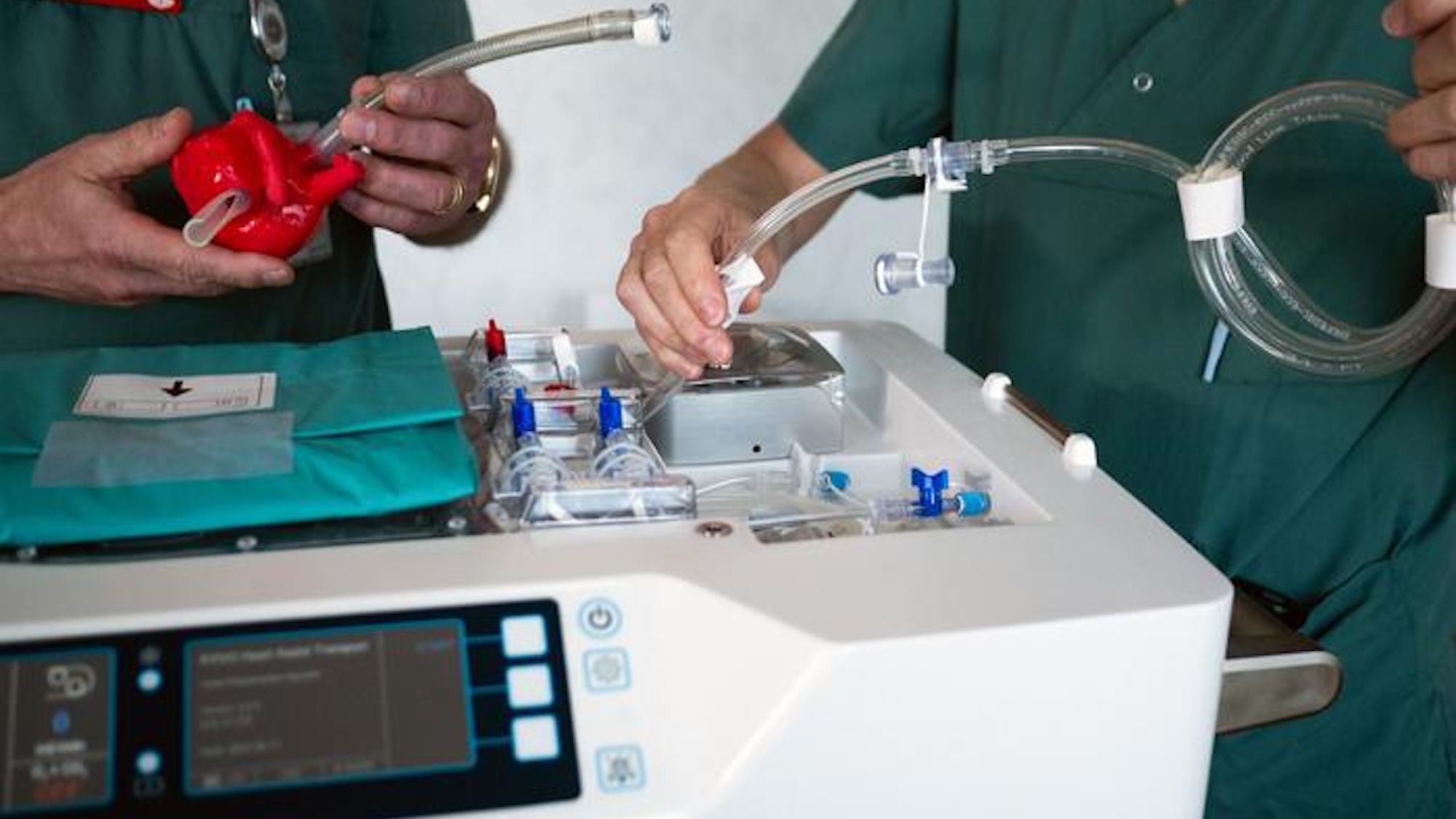Gadgets
A new organ transport box doubles the window for heart transplants

A groundbreaking device called HOPE may soon provide donor heart recipients and their doctors with double the time for life-saving surgeries. This extended period could lead to more feasible organ matches and expand the geographical range for potential transplant recipients.
Traditionally, medical professionals only have four hours to complete the process of identifying, transporting, and delivering a donor heart to a patient before the risk of complications increases. This tight timeframe is due to the limitations of static cold storage (SCS), where the heart is preserved in a potassium solution on ice at 4 degrees Celsius. However, the lack of active oxygenation during this process limits the time available for surgery before the donor heart’s health deteriorates. To address this issue, researchers at Sweden’s University of Gothenburg are testing a modified version of hypothermic oxygenated machine perfusion, known as HOPE.
HOPE, developed by XVIVO AB, utilizes similar principles to the company’s existing devices for transporting donor kidneys, lungs, and livers. The heart is placed in a box maintained at 8 degrees Celsius, where a pump and tubing continuously oxygenate the organ using fluid from a reservoir.
Andreas Wallinder, a cardiothoracic surgeon and XVIVO AB Medical Director, emphasized the importance of oxygenation in the heart-in-a-box system, stating that it allows the heart to function better and reduces complications in the recipient after transplant.
In a recent medical trial involving 204 adults awaiting heart transplants across Europe, HOPE demonstrated significant advantages over SCS. Results published in The Lancet on August 17 showed that HOPE recipients had a lower rate of severe complications within the first month post-surgery compared to SCS patients.
University of Gothenburg professor Göran Dellgren, the study’s principal investigator, highlighted the potential of the heart-in-a-box system to reduce complications and improve outcomes for transplant recipients.
Going forward, researchers will continue monitoring transplant recipients and refining the system for regulatory approval and wider use.
-

 Destination8 months ago
Destination8 months agoSingapore Airlines CEO set to join board of Air India, BA News, BA
-

 Breaking News10 months ago
Breaking News10 months agoCroatia to reintroduce compulsory military draft as regional tensions soar
-

 Gadgets3 months ago
Gadgets3 months agoSupernatural Season 16 Revival News, Cast, Plot and Release Date
-

 Tech News12 months ago
Tech News12 months agoBangladeshi police agents accused of selling citizens’ personal information on Telegram
-

 Productivity11 months ago
Productivity11 months agoHow Your Contact Center Can Become A Customer Engagement Center
-

 Gadgets4 weeks ago
Gadgets4 weeks agoFallout Season 2 Potential Release Date, Cast, Plot and News
-

 Breaking News10 months ago
Breaking News10 months agoBangladesh crisis: Refaat Ahmed sworn in as Bangladesh’s new chief justice
-

 Toys12 months ago
Toys12 months ago15 of the Best Trike & Tricycles Mums Recommend























